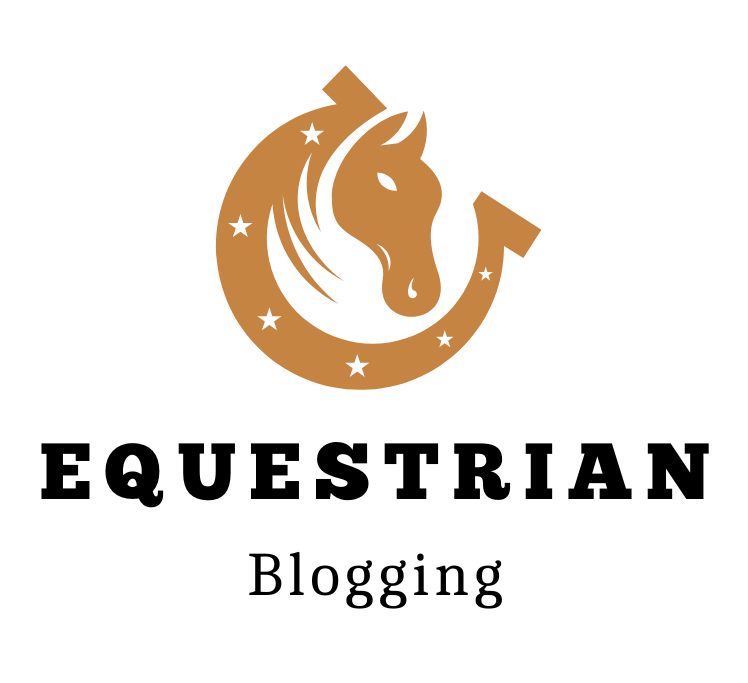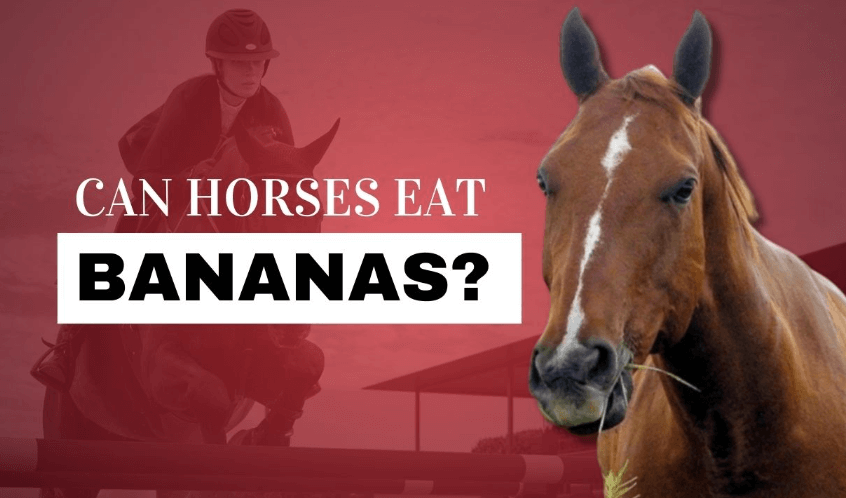Horses can eat banana skins, as long as they are interested in the taste. Banana peels are healthy for horses, containing potassium and vitamin B.

Can Horses Eat Banana Skins
Many horse owners wonder if their equines can safely consume banana skins. In this article, we will explore the topic in-depth to provide you with the necessary information to make an informed decision. Let’s dive in and find out whether horses can eat banana skins or not!
Importance Of Diet In Horses
A balanced and nutritious diet is crucial for the overall health and well-being of horses. Their diet should consist of a combination of hay or pasture, grains, and appropriate fruits and vegetables. Proper nutrition helps maintain ideal weight, promotes good digestion, and supports optimal performance.
Accepted Fruits For Horses
When it comes to feeding fruits to horses, there are several options that are considered safe and beneficial. Apples, watermelons, carrots, celery, and tomatoes are among the fruits that horses can enjoy as a healthy treat. These fruits provide essential vitamins, minerals, and fiber, which can complement their regular diet.
Risks Of Feeding Horses Bananas
While bananas are generally safe for horses, there are risks associated with feeding them. Banana skins, in particular, can be challenging for horses to digest due to their tough and fibrous texture. Some horses may find banana skins unpalatable or have difficulty chewing and swallowing them, which can lead to digestive issues or even choking.
Benefits Of Bananas For Horses
Despite the potential risks, bananas can offer certain benefits to horses. They are a healthy source of potassium, which is essential for maintaining proper muscle function and nerve signaling. Bananas also contain vitamin B, which supports energy metabolism and overall well-being. If your horse enjoys eating bananas and can tolerate the skins, they can be a nutritious addition to their diet in moderation.
Feeding Practices For Bananas
When feeding bananas to horses, it is recommended to remove the skin to minimize the risk of choking or digestive discomfort. Chop the banana into small, bite-sized pieces for easier consumption. Introduce bananas gradually into your horse’s diet and observe how they respond. Every horse is unique, and it’s essential to monitor their reaction to ensure they can safely enjoy this treat without any adverse effects.
In conclusion, while horses can technically eat banana skins, it is important to consider their individual preferences and digestive capabilities. Consulting with a veterinarian or equine nutritionist can provide you with personalized guidance on incorporating bananas or any other fruits into your horse’s diet. Remember, the key is always to prioritize their health and well-being!

Frequently Asked Questions Of Can Horses Eat Banana Skins
Are Bananas Good For Horse Ulcers?
Bananas may have potential benefits for horse ulcers, but there is no scientific research to support this claim yet. However, bananas are a healthy source of potassium and can be enjoyed by horses. It is safe for horses to eat bananas, including the skin, which contains beneficial nutrients.
Is There Any Fruit That Horses Can’t Eat?
Horses should not eat fruit with pits or large stones, like apricots, cherries, and dates.
Do Horses Like To Eat Bananas?
Horses enjoy eating bananas as they are a healthy source of potassium and provide extra energy. They can eat the whole fruit, including the skin, which is beneficial for their health.
Are Banana Plants Poisonous To Horses?
Banana plants are not poisonous to horses. Horses can enjoy eating bananas and their peels, which are safe and healthy for them.
Conclusion
Bananas can be a healthy treat for horses, including their skins as a source of additional nutrients. While there are anecdotal claims about bananas preventing ulcers, scientific evidence is lacking. Always introduce new foods to horses slowly and observe their reactions to ensure their safety and well-being.
If your horse enjoys bananas, it can be a rewarding and healthy treat.

